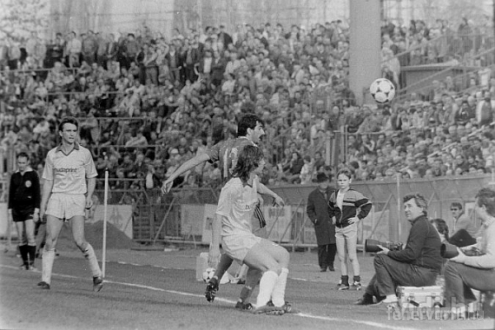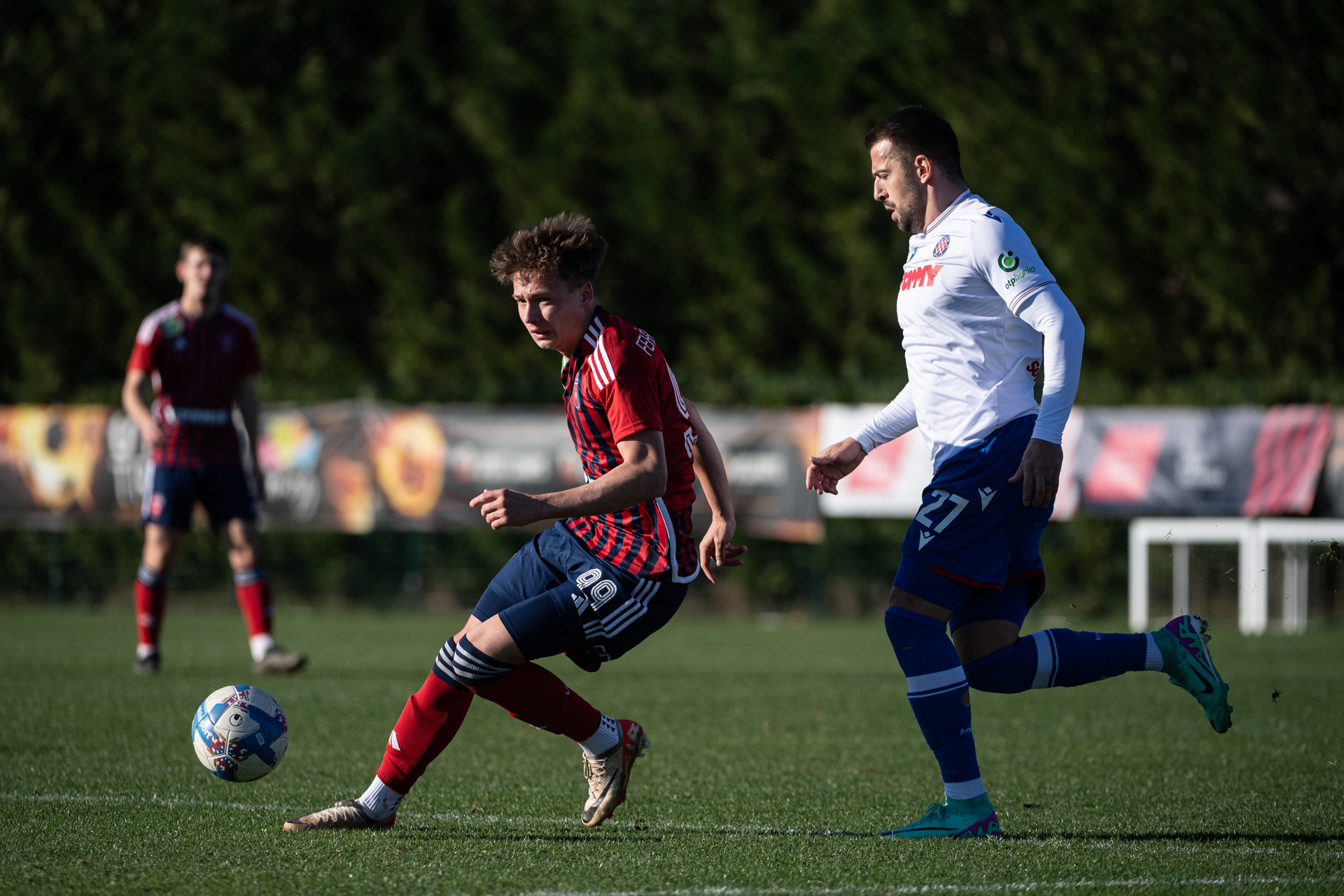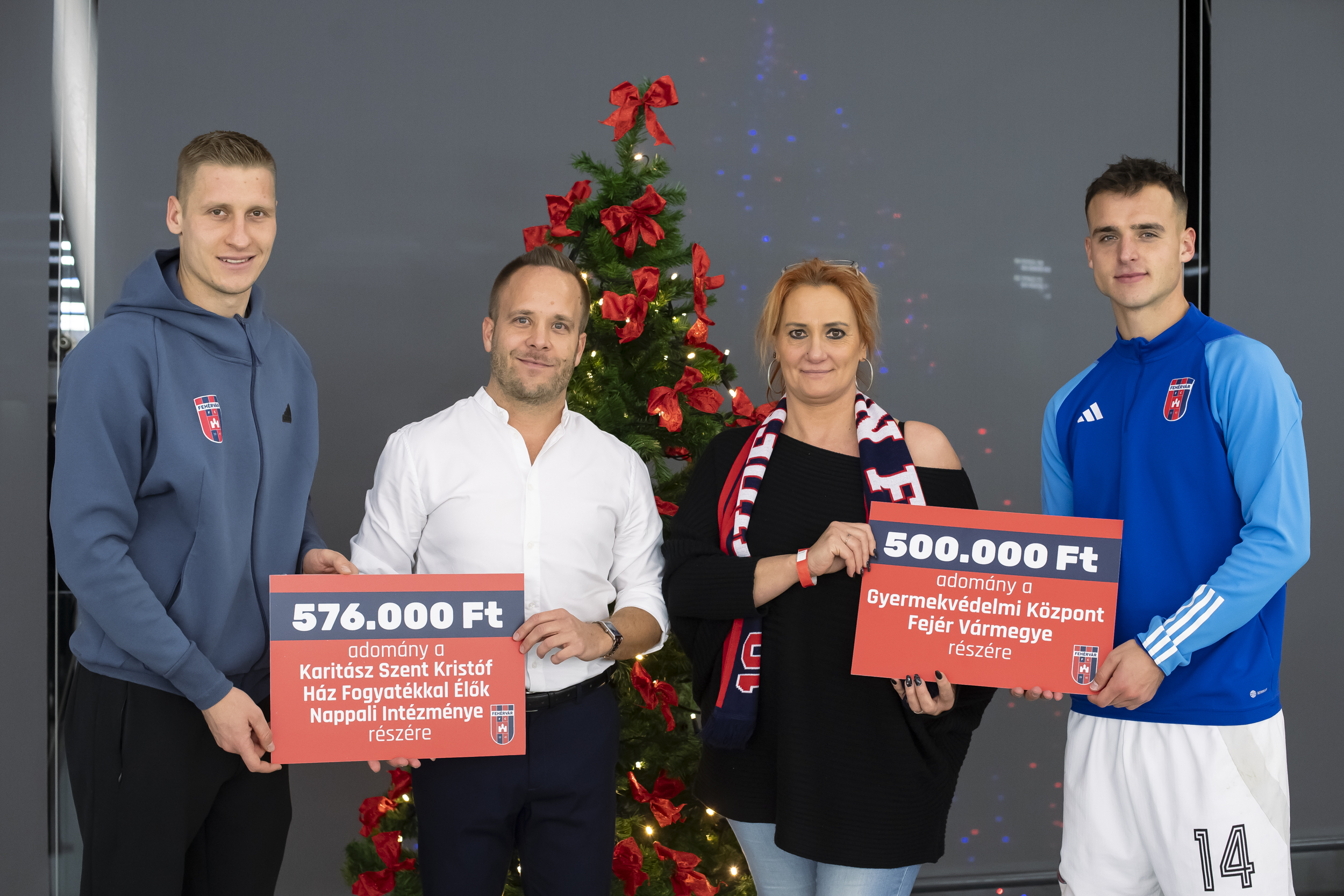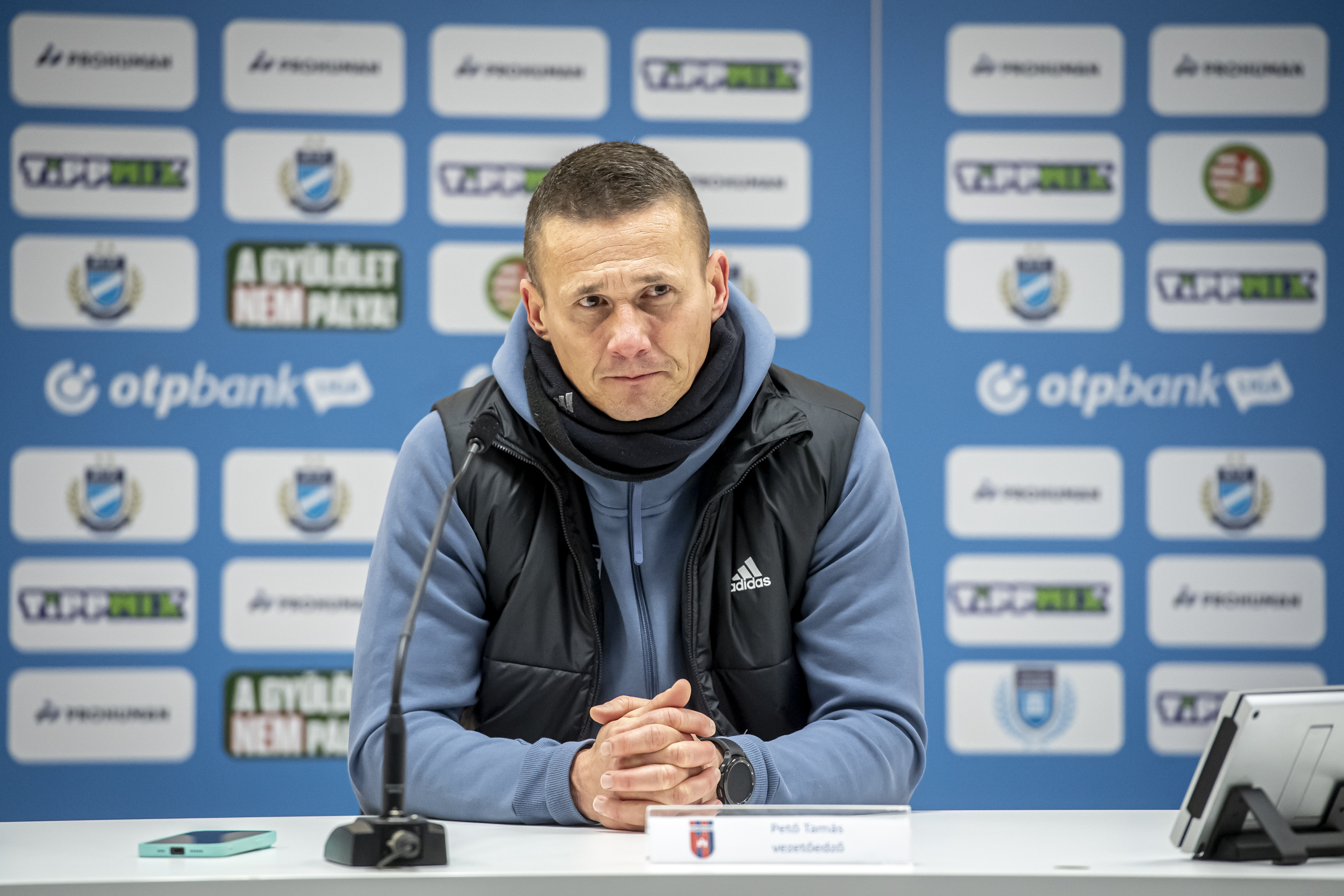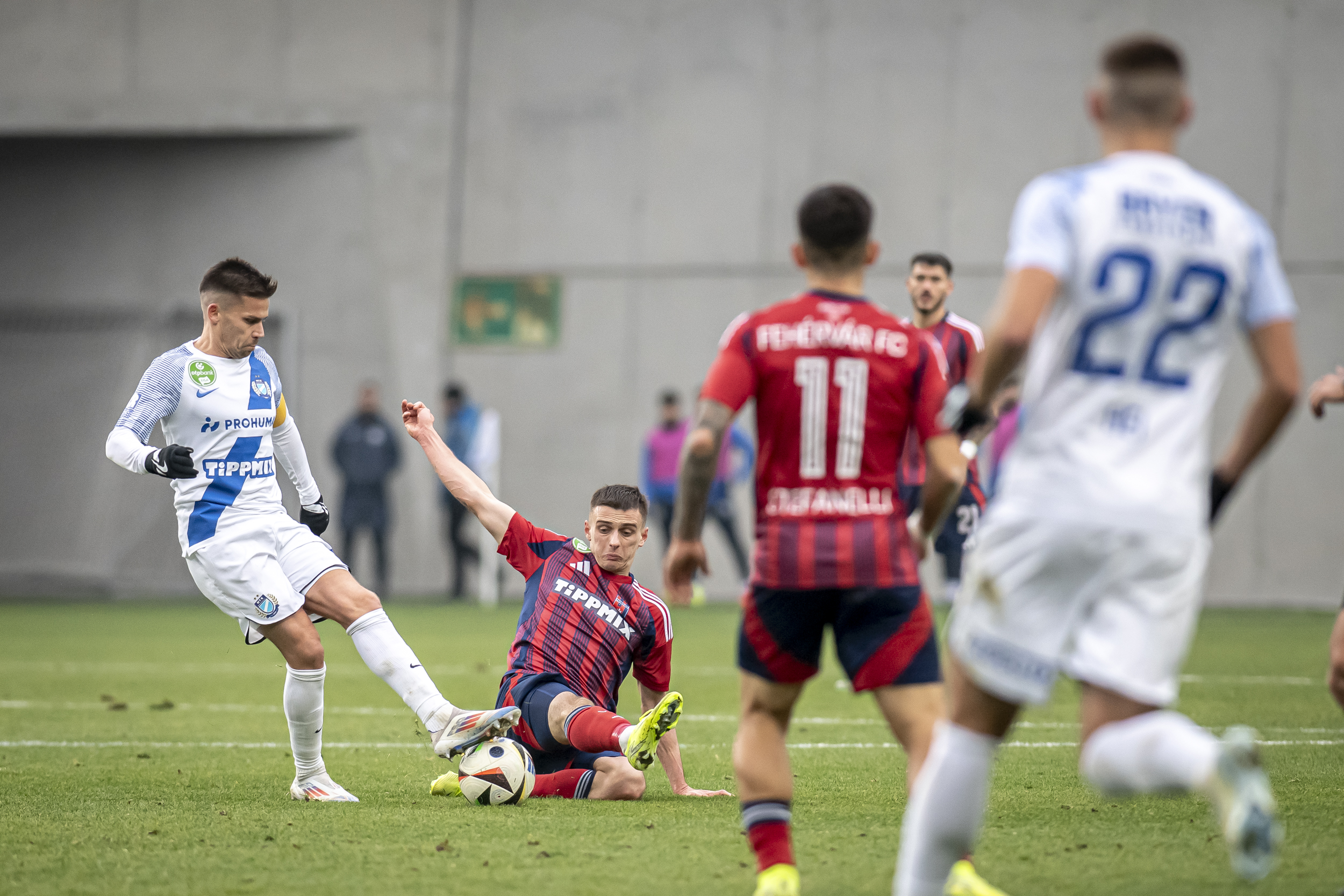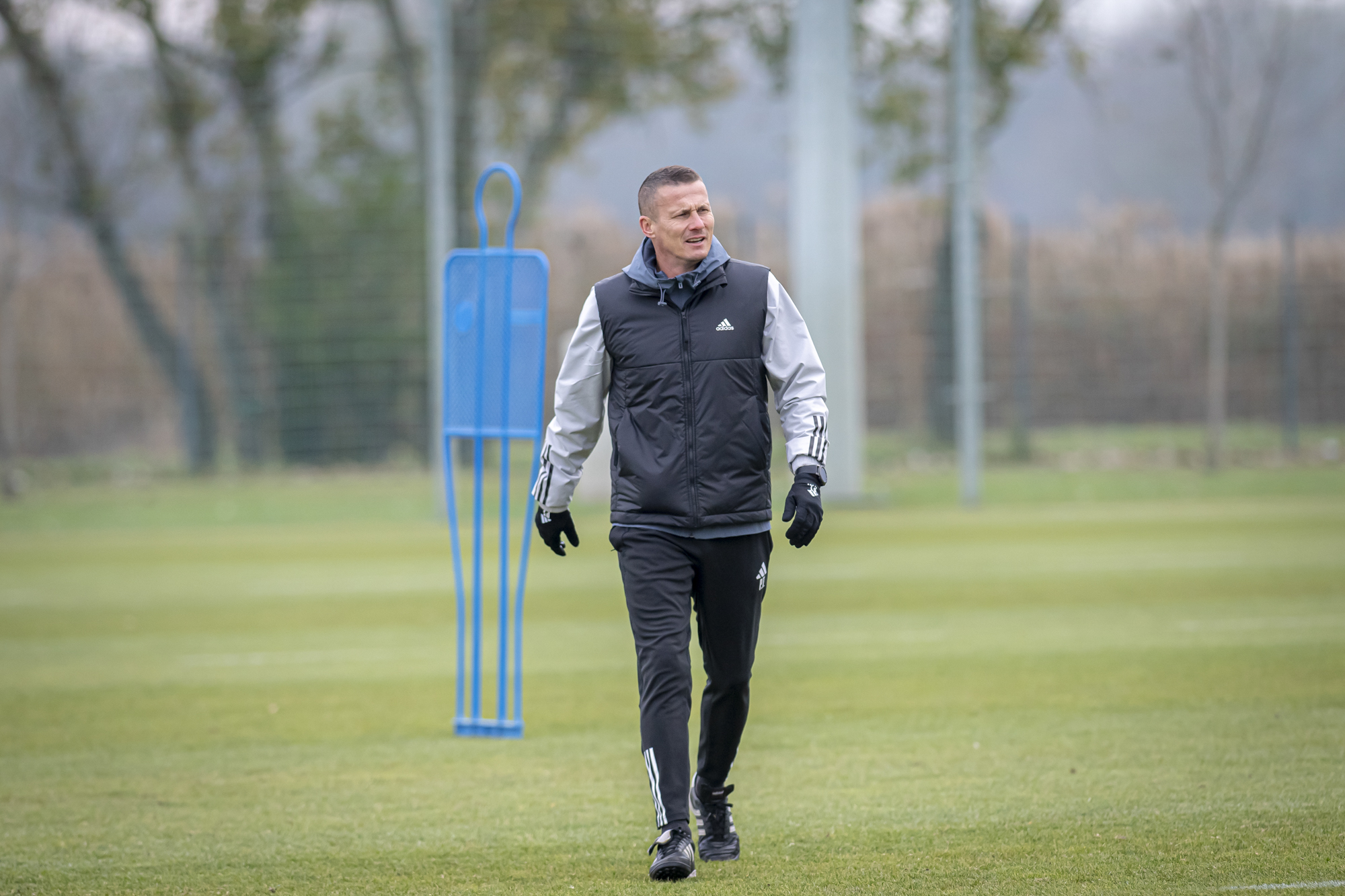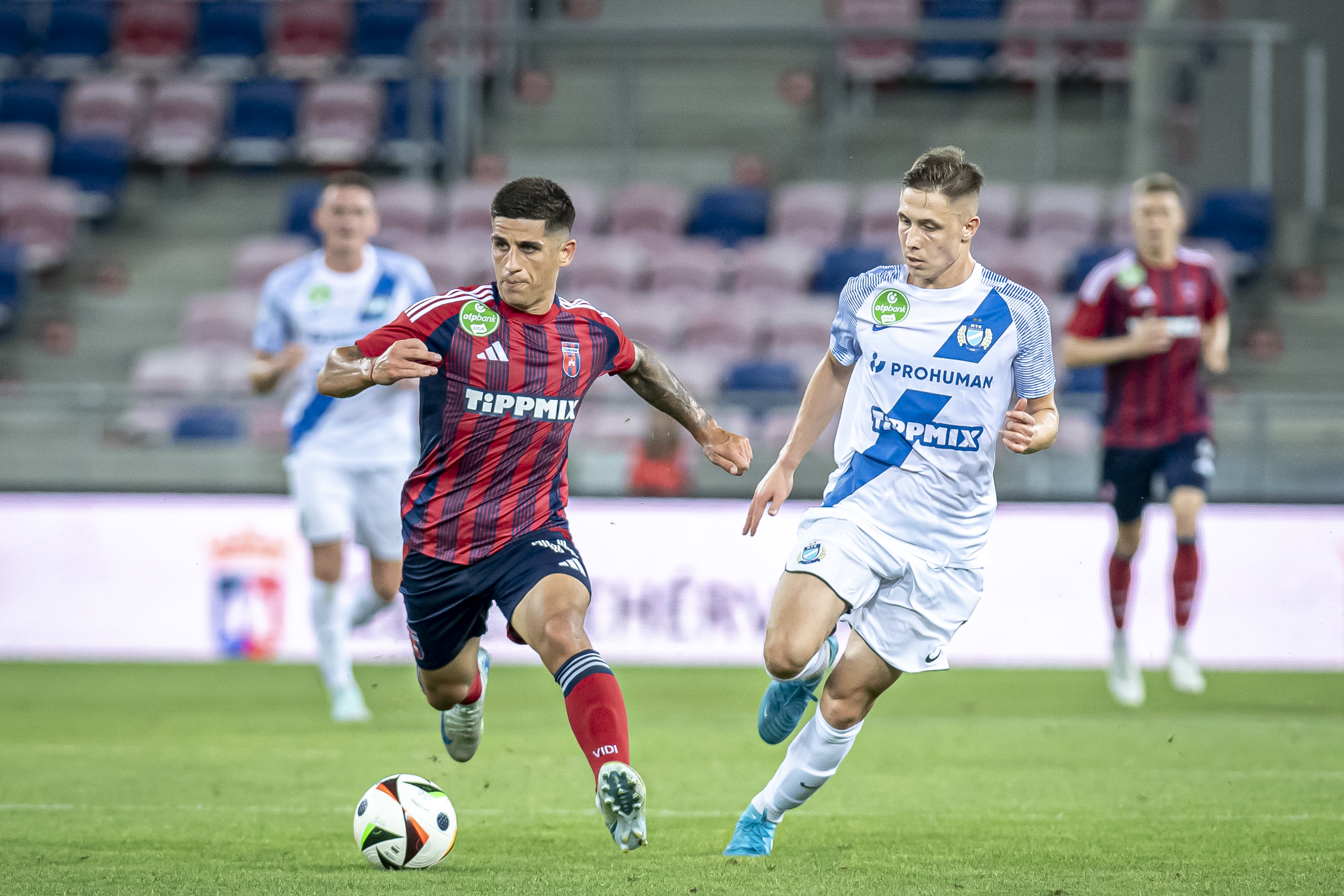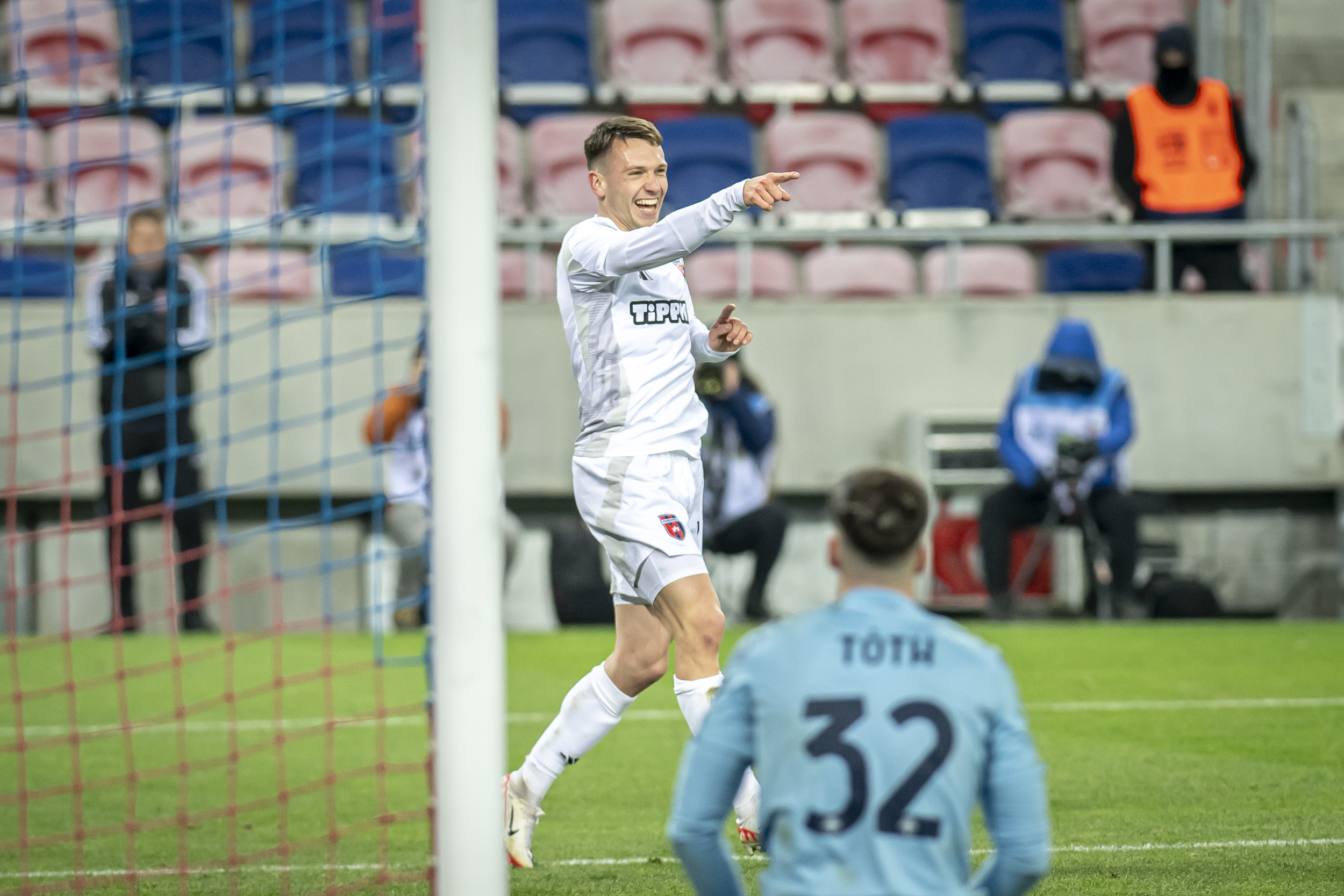A much younger team scores the most goals and wins the most games but that is only good enough for a fourth place finish.
There were several changes ahead of the 1988-89 season. Ferenc Kovacs was replaced by Gabor Kaszas on the bench and there was a change in the points structure: Matches ended in draws would not mean one point but a penalty shootout. The winners would get 2 points and the losers a single point. The youngsters arrive Gyula Csonka was signed from Raba ETO, ZTE midfielder Csaba Czigany and Sandor Sipos came in as did Keszthely forward Attila Gyurmanczy. Robert Jovan was signed from MTK and defender Jozsef Takacs arrived from DVTK. Defender Istvan Borsanyi left to join Gyongyos. Midfielder Mate Faddi headed to Baja while midfielder Attila Supka headed to Austrian side SC Eisenstadt. ZTE signed midfielder Geza Wittmann and forward Andras Czuczu and defender Tamas Reichardt joined Veszprem. Veteran Lajos Majer also moved to Austria and signed for ASK Bruck. The results start to come again Gabor Kaszas took over and saw his side make a bright start to both pre-season and the autumn campaign. He put his faith in the youngsters and slowly started to build them into his young side. Although the team lost 2-0 in the first game of the season against Vac, there would be no complaints about the level of football. The team showed in the games to follow that the future would be bright. Robert Jovan hit all four goal in the 4-1 win over Dunaujvaros. There were wins at the home of Ujpest 3-2, and 4-0 over Haladas. The season would include several wins by a large margin. MTK and Vasas would both be beaten 4-0 and Tatabanya and Raba ETO 3-0 respectively. The first half of the season closed with 28 points on the board to sit in 4th place. There were 9 wins, 1 draw and 5 defeats with Petres scoring 10 goals and Jovan finding the opponents net 8 times. The winter close season saw the team participate in two foreign tours. The first was a trip to Kuwait. There was a 2-2 draw with the national team and the goals coming from Csucsanszky and Petres. The second half of January saw a visit to India and the Nehru cup. The Hungarian FA recommended Videoton instead of their Olympic side. The young Vidi team would perform very well and beat the Korean side 3-0 in front of a full stadium. The second game was against the Polish national team. Vidi won 5-1 thanks to goals from Csucsanszky, Petres, Salloi, Takacs and Jovan. The next match was a single goal win over Iraq. The only defeat would come against the Soviet Olympic team. Although Vidi led through goals from Jovan and Jonas, Petry was sent off after 75 minutes and the Soviets took advantage to score twice to turn the game around with goals in the 84th and 87th minutes. India were the final opponents and they were beaten 1-0 and that meant a place in the final against Soviet Union again. 60,000 squeezed into the stadium on the day of the final. Zoltan Csucsanszky scored the opening goal of the game from 30 meters before helping Vidi double their lead after 57 minutes. That secured a 2-0 win and the crowd ran onto the pitch to help the team celebrate. The tournament top goalscorer was Robert Jovan. A good spring The team started the spring season brightly with a win over Vac. They would lose just once in the next six games to Dunaujvaros. The best performance came in a 3-1 win over Honved. Csucsanszky scored all three goals for Videoton that day. There was a real surprise in the game against Pecs. Vidi had failed to beat their opponents away from home for a long while but this time the 3-0 win would get 3 points. The performance was so good that the Pecs supporters clapped the red and blues off the pitch. Another good match came in the game with Tatabanya. Babai hit two goals in the 3-1 win. You could sense half way through the spring season that the new points system would not help Vidi. That was confirmed in the game with Ferencvaros. The match had ended without any goals but the green and whites won the resulting penalty shootout 5-4. That was the fourth time in the season that Vidi would end up with 1 point instead of 2. Videoton won the most games in the league with 17 that season. They also scored 57 and that was better than any other side. If the previous points system had still been in operation, that would have meant top place but the team had to make do with a final fourth place finish. Zoltan Csucsanszky was chosen as the player of the year and Tamas Petry scored the most goals with 19. (fotó: ismeretlen szerző)
 Pre-season promises hope
Pre-season promises hope
Author: David Rechnitzer

